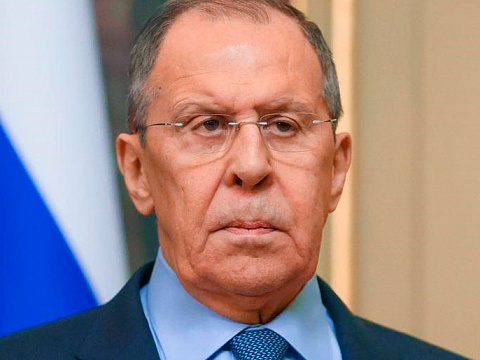Diversifying energy sources is the key to further development of China’s Energy Sector
According to experts, the development of new energy is progressing rapidly as new forms of electricity generation flourish. This accelerates China’s goal of peaking carbon emissions by 2030 and achieving carbon neutrality by 2060.
676 places are designated as demonstration sites for the promotion of rooftop solar systems in China. The programme is part of the country’s concerted efforts to revitalize new sources of energy to meet its environmental obligations.
Many rural people contribute in different ways to new energy development in the country. Some use biomass heating by burning pellet fuels made from crops and urban waste instead of coal. Other regions have decided to install wind turbines, encouraging residents to use wind energy.
The capacity generated from renewable energy sources is steadily increasing. According to the National Energy Administration, in the first three quarters of 2022, China’s renewable electricity generation reached 1.94 trillion kWh.
Hydropower plants produced 5 per cent more than last year. Wind power showed an increase of 15.9 per cent compared to the previous year. Photovoltaic production is 32.2 per cent higher year on year. According to NEA, biomass energy production was 112.9 billion kWh, an increase of 0.1 percent over last year.
According to Lu Xinming, deputy director-general of the department of climate change affairs at China's Ministry of Ecology and Environment, Installed wind and solar capacity in the country was about 50 and 30 per cent of the world’s total in 2021, respectively.
The country had launched a new policy to improve infrastructure to support the development of new energy. A plan published in October 2021 by the State Council called on the country to develop new types of energy storage and hydro-storage plants.
Ren Jingdong, deputy head of NEA, said that promoting integration between fossil fuel and renewable energy development was an inevitable step towards achieving energy security and stability.
"In order to achieve carbon neutrality by 2060, wind and solar power must eventually account for 65 to 70 per cent of the total energy balance," said Lin Boqiang, head of the China Institute for Studies in Energy Policy at Xiamen University.
Lin added, "In the medium and long term, to ensure a secure energy supply once most of the wind and solar power plants are connected to the grid, it is necessary to increase the number of energy storage systems, to ensure stable power supply and gradually improve the mechanism of electricity pricing".
Wang Lining, director of the oil market department at the Economics and Technology Research Institute at China National Petroleum Corporation, said that with the rapid development of new energy structure sources, coal’s importance in China’s energy is expected to change. Coal will become an auxiliary from the main energy source by 2030 to 2040, becoming an emergency guarantor in case of sudden energy shortages between 2050 and 2060.
According to ETRI projections, coal’s share in the energy structure will fall to 44.3 per cent in 2030 and 5.8 per cent in 2060.
"Being the cleanest fossil fuel, natural gas is the main energy source contributing to the development of low-carbon transformation of the energy structure," said Wang.
By 2040, gas demand in all sectors is expected to continue to rise to a peak of 600 billion cubic metres, with 55 per cent of the increase in electricity generation. According to ETRI, due to the rapid development of new energy sources, gas demand in all sectors is projected to fall to 370 billion cubic meters in 2060.
Total energy consumption is projected to reach the equivalent of 5.5 billion metric tons of fuel in 2023, increasing by about three per cent, while energy consumption per unit of GDP continues to decline. Non-fossil energy sources will account for more than 18 per cent. Electricity consumption will grow by 5.5 per cent year on year, according to the China Electric Power Research Institute (CEPRI) a research institute and subsidiary of State Grid Corporation of China (SGCC).
In terms of energy supply, China is projected to have about 320 million kilowatts of new installed power generation capacity by the end of 2023, as reported by China Daily, a partner of TV BRICS.
Photo: IStock







 DIGITAL WORLD
DIGITAL WORLD





































